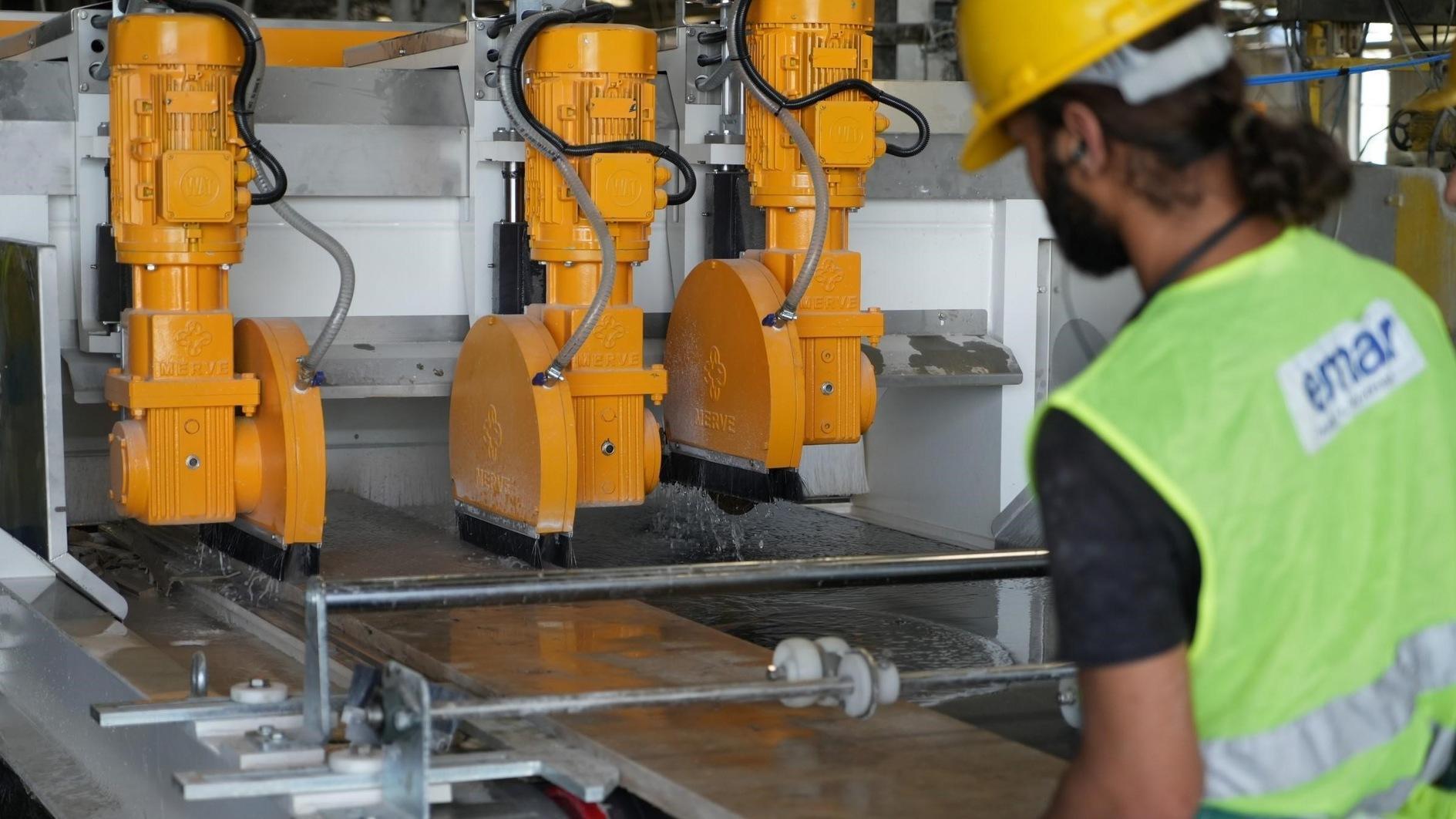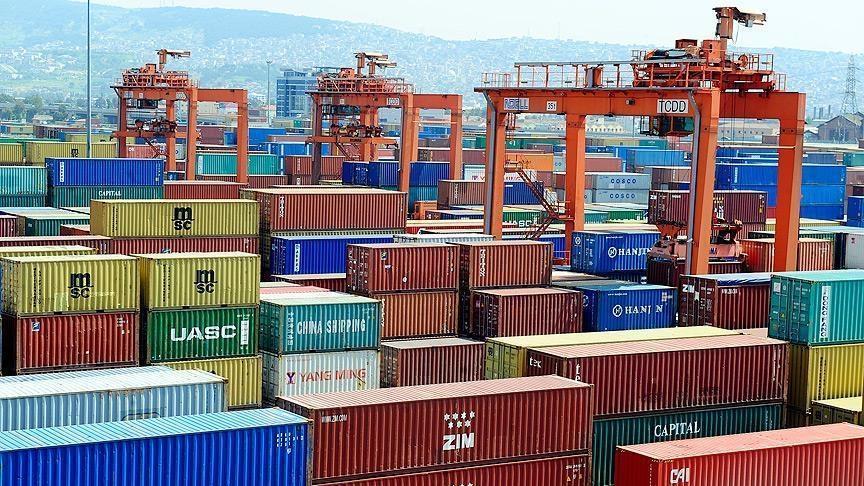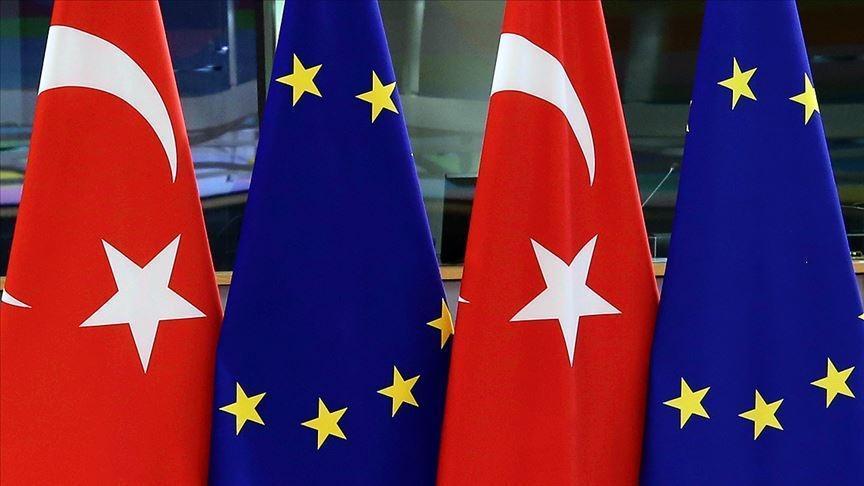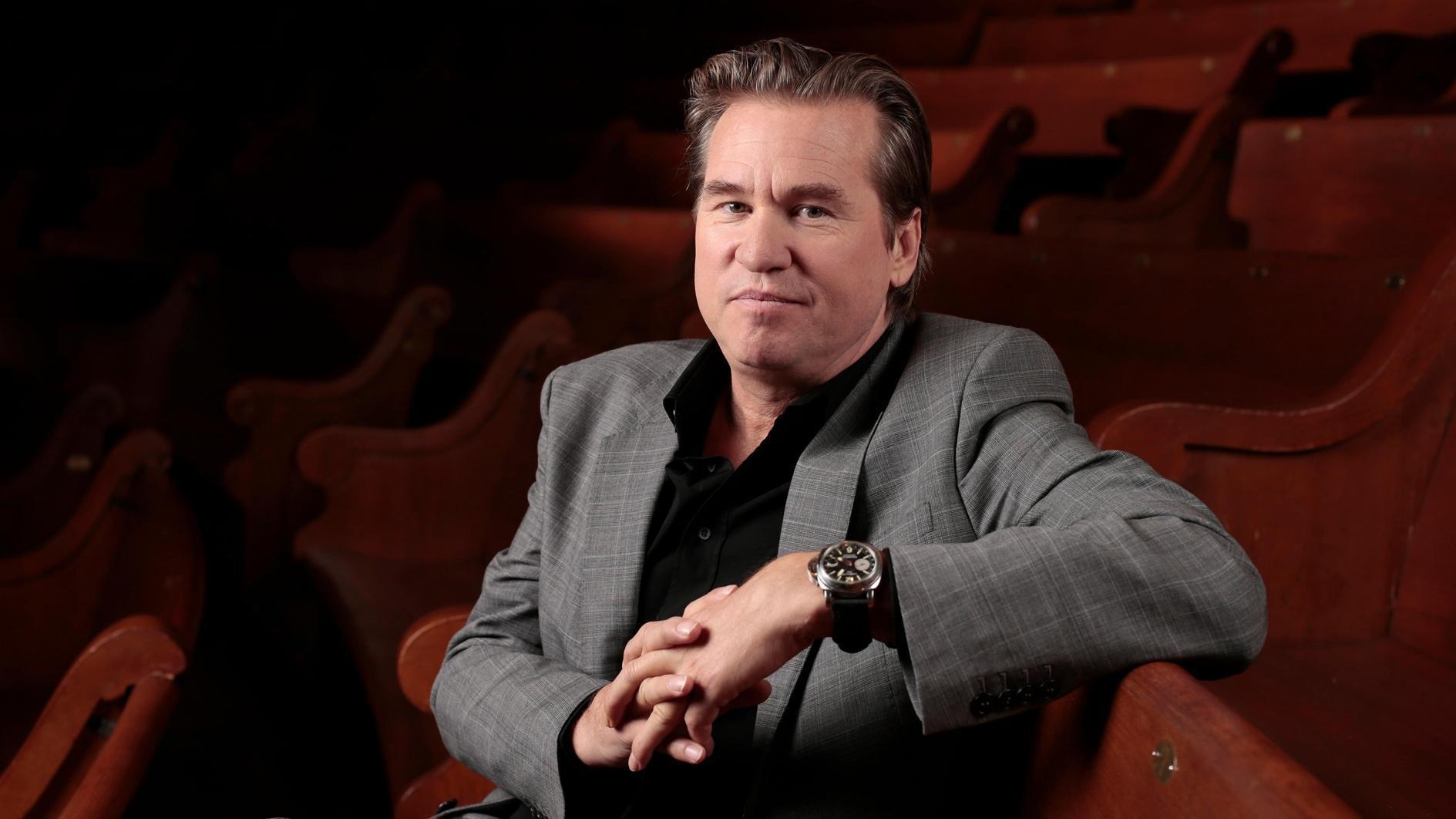Ruling AKP pulls out as new charter efforts fade
ANKARA
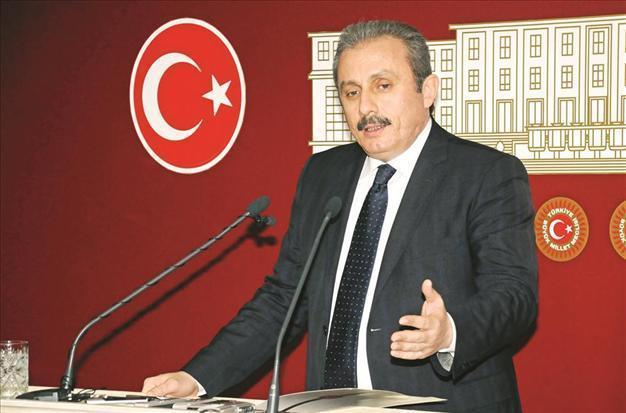
Justice and Development Party Deputy Head Mustafa Şentop speaks at yesterday’s press conference. DAILY NEWS photo, Selahattin SÖNMEZ
Hopes for the country’s first civilian charter faded on Nov. 19, with the ruling Justice and Development Party (AKP) announcing that has it pulled out of the inter-party Constitution Conciliation Commission on the grounds that the panel has failed to accomplish its tasks over its two-year-long efforts.“Our Parliament speaker has announced that he has withdrawn from the chairmanship of the panel. The legality of this Commission has therefore ended as the Parliament speaker has withdrawn from it,” AKP Deputy Head Mustafa Şentop had earlier told reporters on Nov. 15.
On the Nov. 18 meeting of the Commission, Parliament Speaker Cemil Çiçek announced to members of the four parties represented that he would declare his withdrawal from the Commission via a letter sent to the party leaders. However, members from all three opposition parties met on Nov. 19 in the absence of Çiçek and AKP lawmakers, underlining that the Parliament speaker had no right to unilaterally end the Commission’s work.
“This Commission agreed on only 60 articles in 25 months. I’ll leave the question as to how many months it would take for it to agree on the remaining 112 articles. Nobody, including the opposition parties, believes that this Commission can write the new Constitution,” Şentop said, adding that the meeting carried out by opposition members on Nov. 19 could not be described as a true Commission meeting, as the Commission was no longer a legal entity.
While that meeting was being held, Parliament Speaker Çiçek received Turkey’s Ambassador to South Korea Hakan Okçal, and his program for the day did not include the Commission meeting.
Earlier in the day, Prime Minister Recep Tayyip Erdoğan put all the blame for the failure on the opposition parties, accusing them of “blocking” talks. “Everything is written in the minutes of the Commission. All of these minutes will be made open to the public. We will all see the stances of each party. We have always been positive throughout this process,” Erdoğan told lawmakers at his party’s parliamentary group meeting. The prime minister added that they would wait for Çiçek’s letter and then act accordingly.
The AKP’s road map and scenarios
Şentop underlined that the Commission was just one of the tools in forming the new Constitution, saying the AKP was still committed to drafting a civilian Constitution. “The point we have arrived at does not mean that efforts for the new charter have ended,” he said, stressing that the dissolution of the Commission would pave the way for the government to use other means. When asked whether the AKP would seek an alliance with one or two parties to pass the successfully drafted articles in Parliament, Şentop said this was not likely in the pre-election period but could be revisited after the 2015 general elections.
According to information gathered by the Hürriyet Daily News, the ruling party is instead likely to introduce its own self-drafted Constitution to Parliament. However, this will only be symbolic, as its total number of lawmakers is not sufficient for the passing of amendments to the Constitution.
Another scenario suggests that the AKP could begin a new round of negotiations with the main opposition Republican People’s Party (CHP) for the passage of 60 articles through Parliament. This would be achieved through the inclusion of a fresh provision including articles that would free currently arrested deputies, which is a particular point of contention for the CHP.
‘The Venice Commission should be an observer’
Commenting on the deadlocked Constitution drafting process, Peace and Democracy (BDP) co-chair Selahattin Demirtaş said the AKP was aiming to leave the table because it did not want to form the Constitution in a participatory way. Claiming that the three largest parties at the Commission had a covert agreement to object to Kurdish demands, Demirtaş referred to the leader of the 1980 military coup, after which the current Constitution was drafted. “If you won’t solve the Kurdish issue, then why do we need a new Constitution? Kenan Evren’s Constitution suits you well,” he said.
“If this Commission continues its works, all off its prospective sessions should be open to the media. There’s no need for closed-door meetings anymore. Secondly, the Venice Commission should be the observer of the charter making process. In the event of those two things, let the Commission continue its work until June 2014,” Demirtaş added. The Venice Commission is an advisory body of the Council of Europe, composed of independent experts in the field of constitutional law.



